This year during 4-8th November 2019 in Lisbon, Portugal, I had the pleasure of attending the WebSummit Conference. To my pleasant surprise, I won a free ticket via the open source initiative on their website. It was my first year attending this conference, so there were plenty of impressions to gather and learn about the latest trends in the world of technology.
It’s a massive conference
There were roughly 73 000 attendees excluding the venue staff and volunteers keeping everything well organized. The largest conference I’ve visited up to that point was PyCon which was around 3200 people. I didn’t anticipate the actual scale of WebSummit, until I arrived and saw the registration queue.
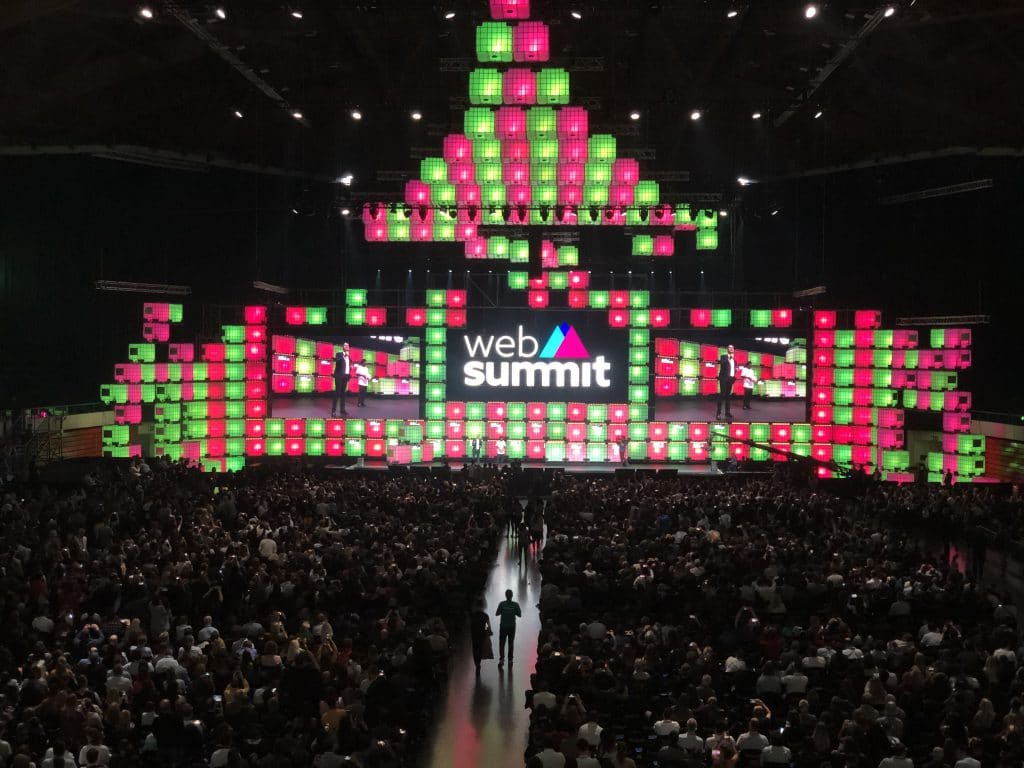
You can’t do all the talks, sadly
As a person working in FinTech, but also curious about Artifical Intelligence, I wanted to do multiple tracks of talks that sounded interesting, but I found the juggling act of changing the stages to attend the talks, leaving me worse off, as I would miss a bit of both talks. In the end, I picked one or two tracks of talks and changed only once per day, even if it meant missing on some of the interesting ones.
Booth presence
The presence was what you would expect for a technology conference. Microsoft, Google, Amazon Web Services, SAP, etc. Along with a large number of start ups. Interestingly, there were also country booths – The United Kingdom, The European Union, Russia and others, which were presenting programs meant to foster innovation and encourage creation of start ups in their respective regions.
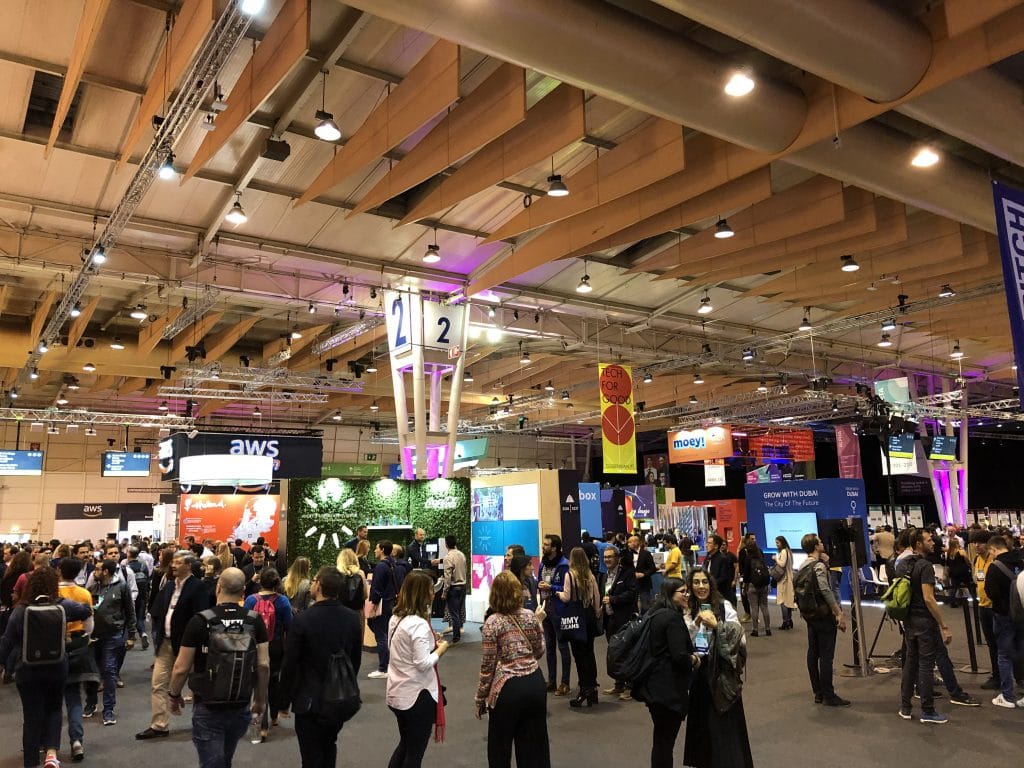
Conversing AIs
Hanson Robotics brought the infamous Sophia robot, along with a second prototype called Philip, and had them converse, with the two AIs being completely aware their intellect is artificial and based on algorithms. It is something you might have seen in the past, in a text form, but the personification brought another light to it. What I found the most interesting was when multiple people and a robot would ask a question, Sophia would answer each of them in the right order and understand it’s different entities and keep the separate conversations coherent.
Boston Dynamics’ talk impressed me the most
Maybe it’s because I don’t deal with robotics often, but when they brought Spot, their first commercial robot, making its way to the stage through the stage stairs on its own, it was impressive. It’s quite different than just seeing it on YouTube videos, like the ones below:
They didn’t bring the Atlas robot, which is the bigger sensation from their prototypes, but still played the video of its parkour capabilities:
Cash isn’t dead
During a panel of some of the biggest neo-banks in the United Kingdom (Revolut, Starling Bank) and API providers (Plaid), the lurking question was if cash is on the way out. All of the panelists agreed, this is not the case. The banking industry is undergoing a change, but cash isn’t going anywhere for now. The next barrier for the neo-banks would be to match the banking product range of traditional banks – personal loans, mortgage, credit ratings, etc. The goal being achieving it with a minimal cost base, being their main competitive advantage over the long-term. I was impressed with how eloquently Anne Boden (Starling Bank) and Zack Perry (Plaid) described the industry landscape in just a few sentences.
The future of furniture is renting
In a talk about brand reinvention in the digital era, the most interesting talk came from the Chief Digital Officer of IKEA, talking about the future of renting your home furniture. Which is already underway and being trialed since early 2019.
Technology regulation
This was probably the overall theme during the whole conference. With the amount of politicians in attendance and talks focusing on it. The overall impression was that there is no clear answer on how to solve the problem, but there is a consensus on how not to do it and not to be always behind when it comes to creating the rules. The talks were mostly around big tech companies operating within the EU, with the most interesting talk given by Margrethe Vestager. Tony Blair went as far as saying that technology is the biggest question to be answered right now and everything else is a distraction.
The Next 10 Years – 5G, AGI, Electric Cars and the unknowns
Everybody is looking forward to the future. There were talks by Brad Smith (Microsoft) and Wener Vogels (Amazon), about the state of AI today and where it’s headed. From delivery drones that need to identify paragliders and wires for safe delivery to your home, to better computer vision technology overall. 5G is also underway, and the speed of adoption should exceed that of 4G, due to the faster adoption by phone makers and telecoms. The main focus over the next 10 years, would be for AI to switch from specialized knowledge, playing chess or solving a specific problem, to Artificial General Intelligence (AGI) and resemble an actual human conversing.
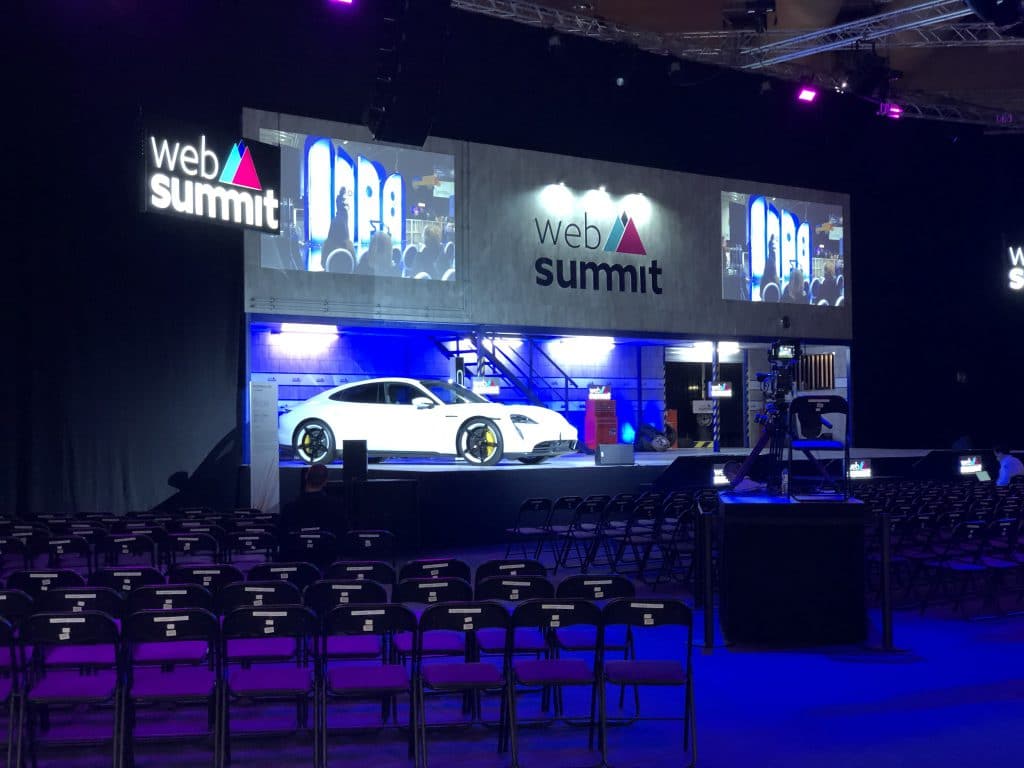
Wrap up
There were also many other talks about the cities of the future, environment and sustainability, I didn’t get to attend. The conference closed with a lively speech from the president of Portugal and reminding everyone that next year’s WebSummit will also take place in Lisbon. The organization and structure of the conference was exemplary. If you are technology enthusiast, I can highly recommend attending in the coming years.

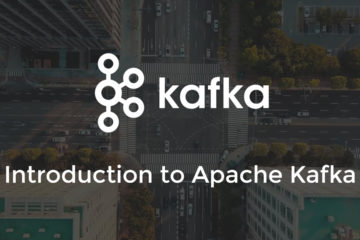
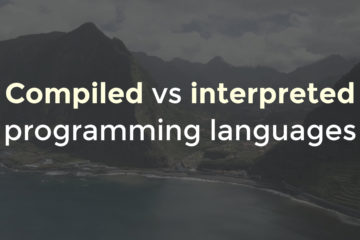
0 Comments